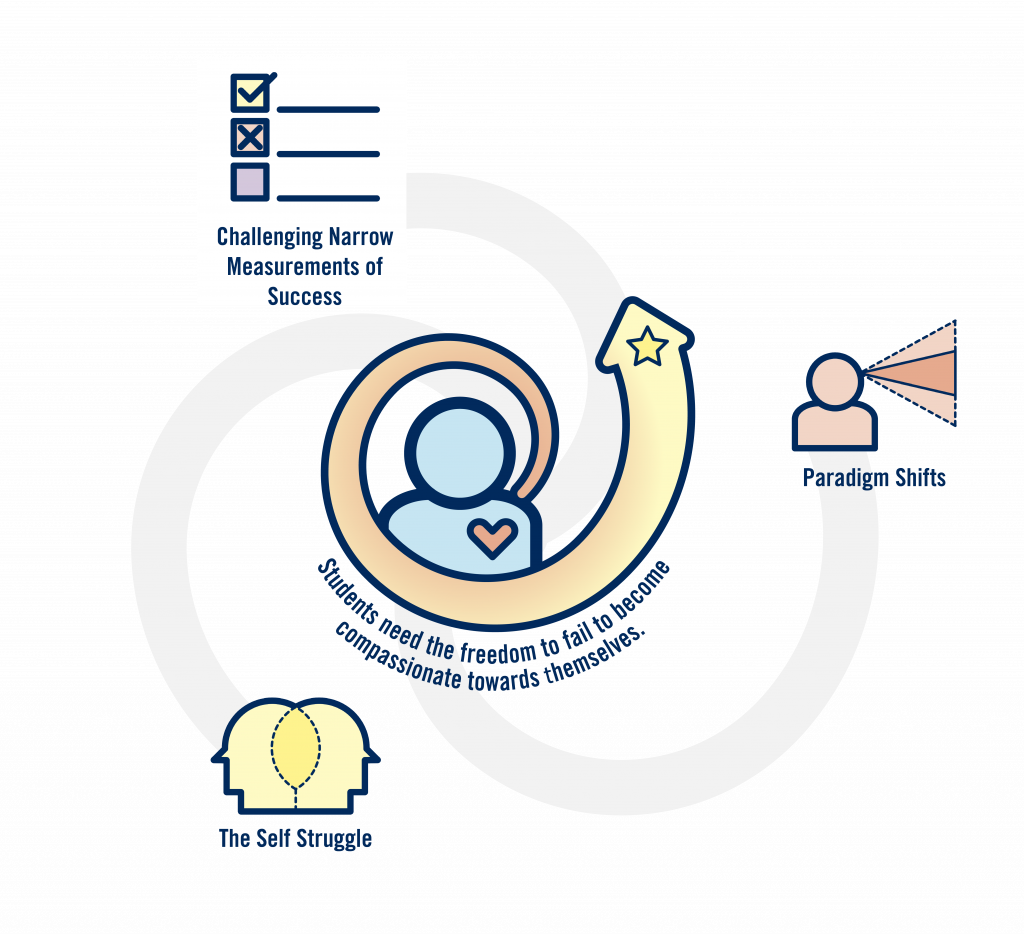Written By Sofia Callaghan, Izzy Friesen, Serena Singh – Design Research Assistants for the Trans and Nonbinary Student Experiences Project



Trans Awareness Week (November 13th-19th), and Transgender Day of Remembrance (November 20th) is approaching, and so we’d like to share some research that the Innovation Hub is working on with the Sexual and Gender Diversity Office (SGDO).
Students are often queried by the University for their name and gender, which they can change using the change of name and gender request form; we wanted to learn more about the experiences of trans, nonbinary and/or otherwise gender nonconforming students navigating this form and other gender queries made by the University.
















